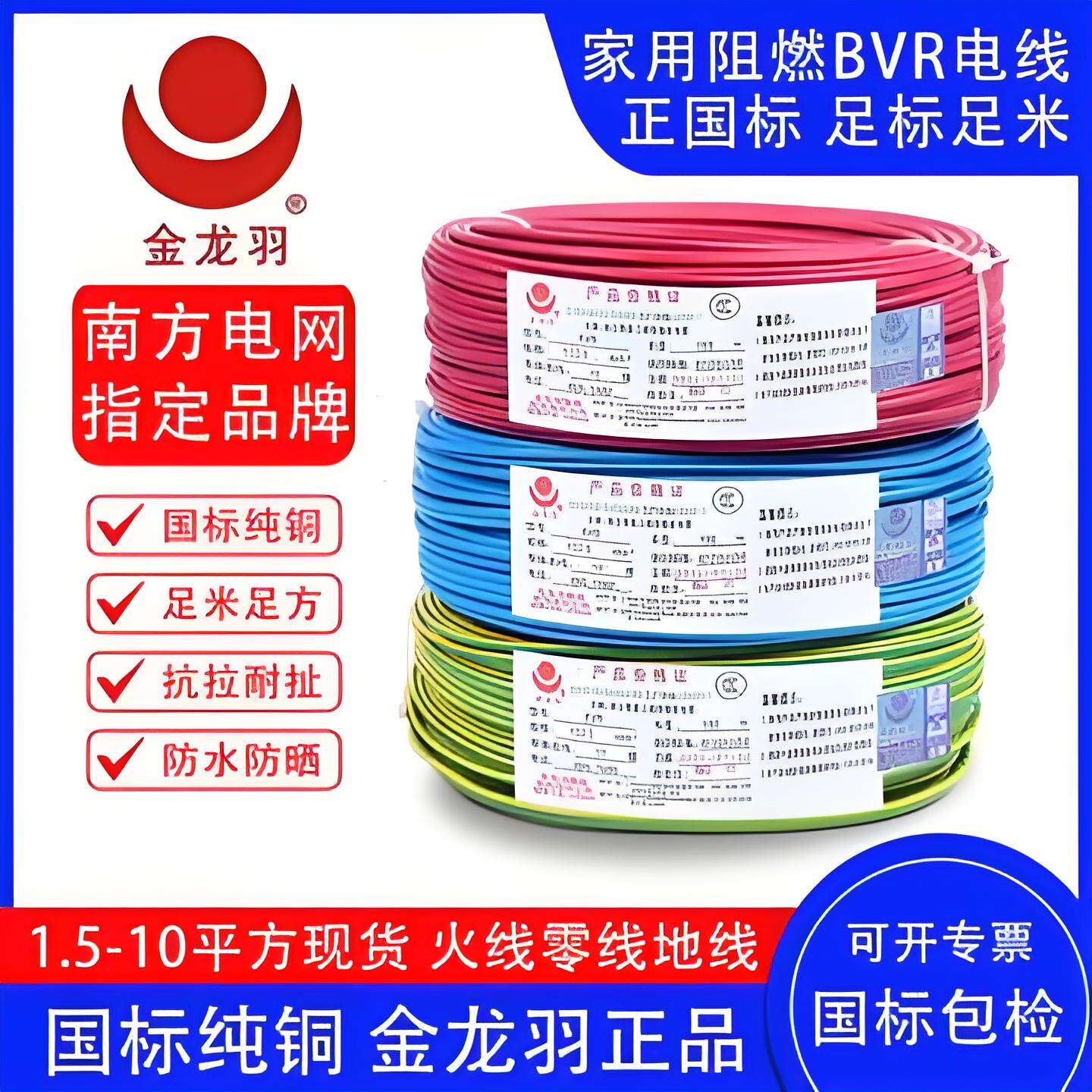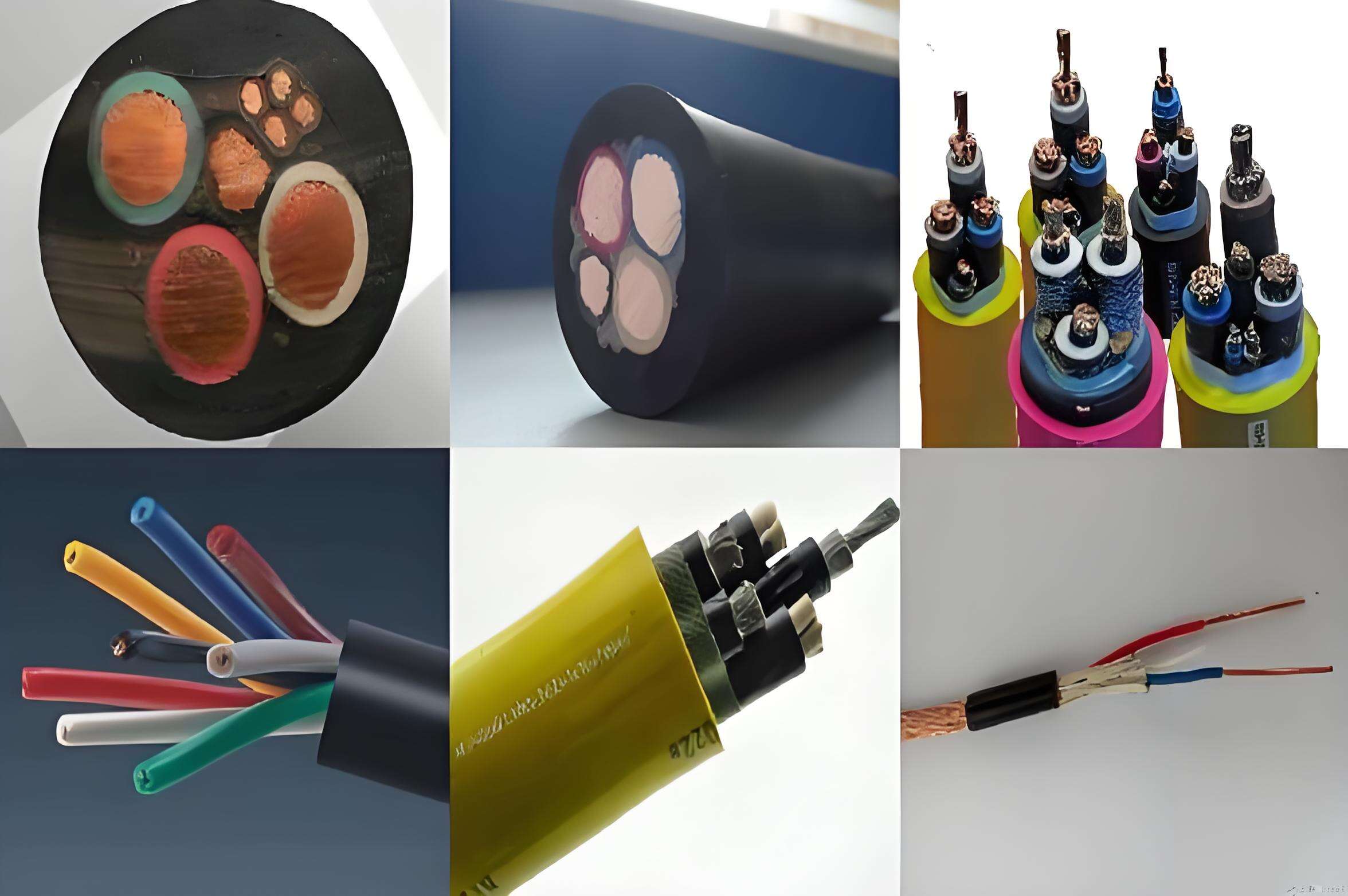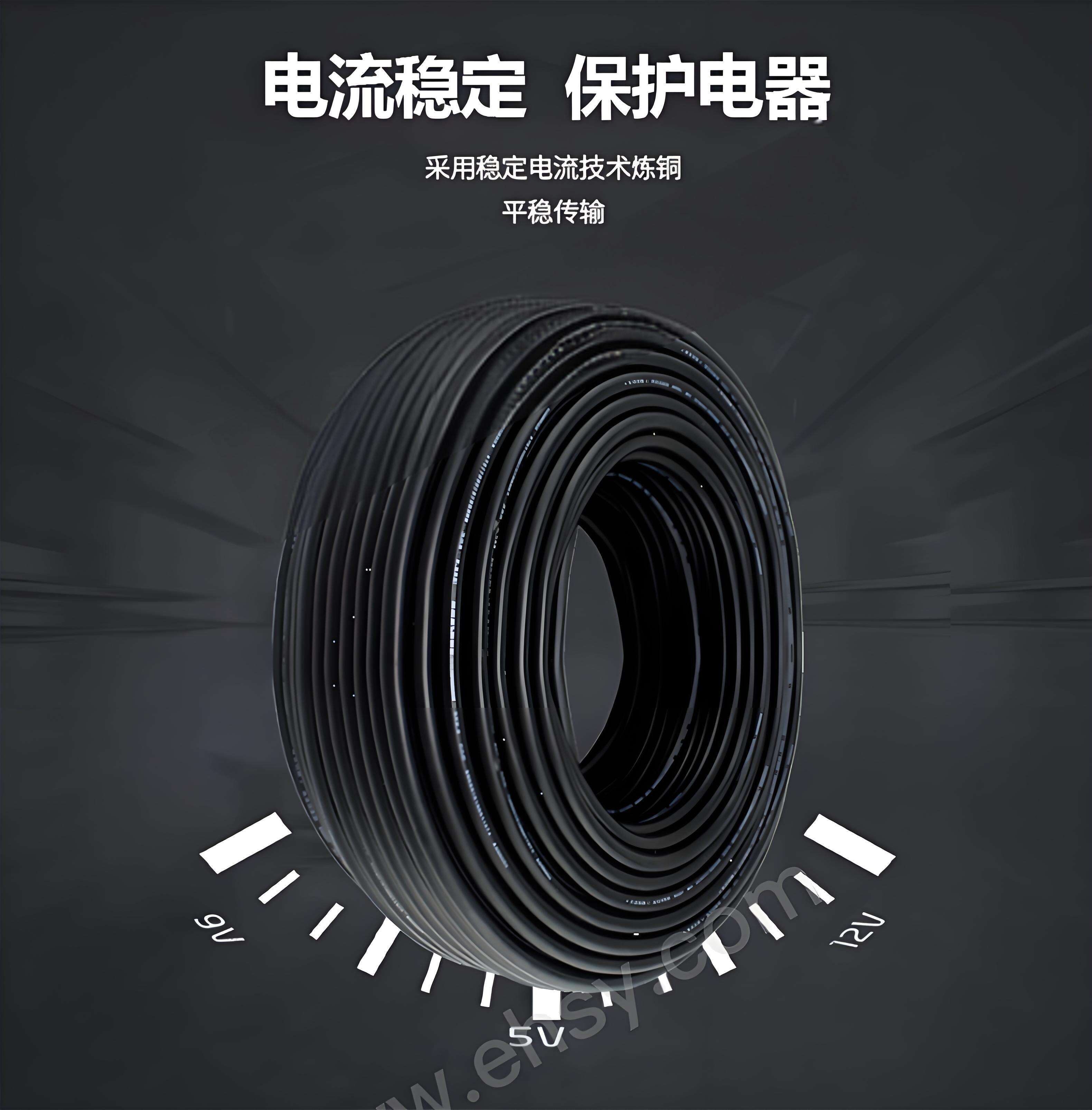The lifespan of electrical cables varies depending on factors such as material quality, installation environment, and usage conditions. Typically, well-maintained electrical cables can last between 20 to 30 years, but this can be extended or shortened based on specific circumstances. For example, PVC-insulated cables in dry indoor environments may have a longer lifespan, while cables exposed to sunlight, moisture, or high temperatures outdoors may degrade faster. Flame-retardant and fire-resistant cables, constructed with premium materials like mica tape and cross-linked polyethylene, often have extended lifespans due to their resistance to heat and fire. Proper installation, avoiding excessive bending or mechanical stress, also plays a crucial role in preserving cable lifespan. Regular inspections for signs of wear, such as cracking insulation or corrosion, can help identify when cables need replacement to prevent safety hazards. Certifications like those from CQC and BASEC ensure cables meet standards for longevity and performance.


